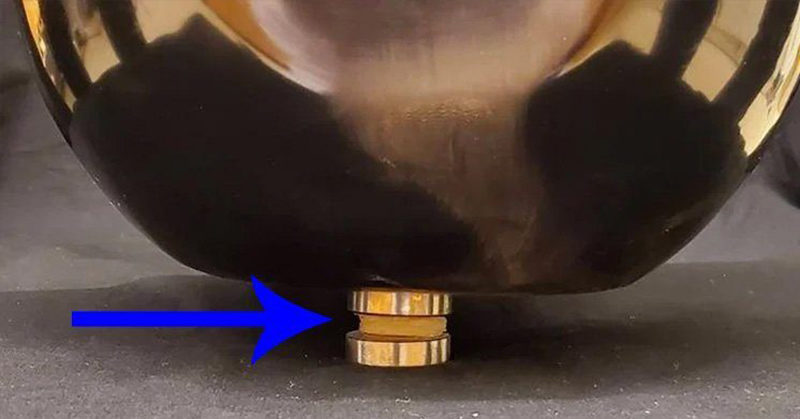Over 790 thousand knee replacement surgeries are performed annually in the US. Arthritis is the leading cause of chronic knee pain, including osteoarthritis, rheumatoid arthritis, and post-traumatic arthritis.
While knee replacement surgery is successful, it is invasive and may need to be redone every 20 years. Scientists have struggled to find an artificial substitute for knee cartilage until now.
Understanding Cartilage
Cartilage covers the ends of the femur, tibia, and patella, reducing friction and acting as a shock absorber. When damaged, knee movement becomes painful.
Introducing the New Cartilage Gel
Researchers at Duke University have developed a hydrogel with properties similar to natural cartilage. The material showed superior performance in stretch and durability tests, indicating its potential as a replacement.
The gel will undergo trials in sheep before human testing. If successful, it could provide a non-invasive option for knee pain relief, lasting longer than current replacements.
Read More: Could Exercise Prevent Arthritis? New Research Shows Promise
The Future of Knee Pain Relief
Approval for human use may take up to three years. The gel’s non-toxicity has been proven in lab tests, with sheep trials as the next step. The hope is to offer patients a lasting solution without the need for repeat surgeries.
While the process may take time, a new era of knee pain management is on the horizon.
Keep Reading: Smoothie To Support Stronger Knee Tendons, Ligaments, and Achy Joints






